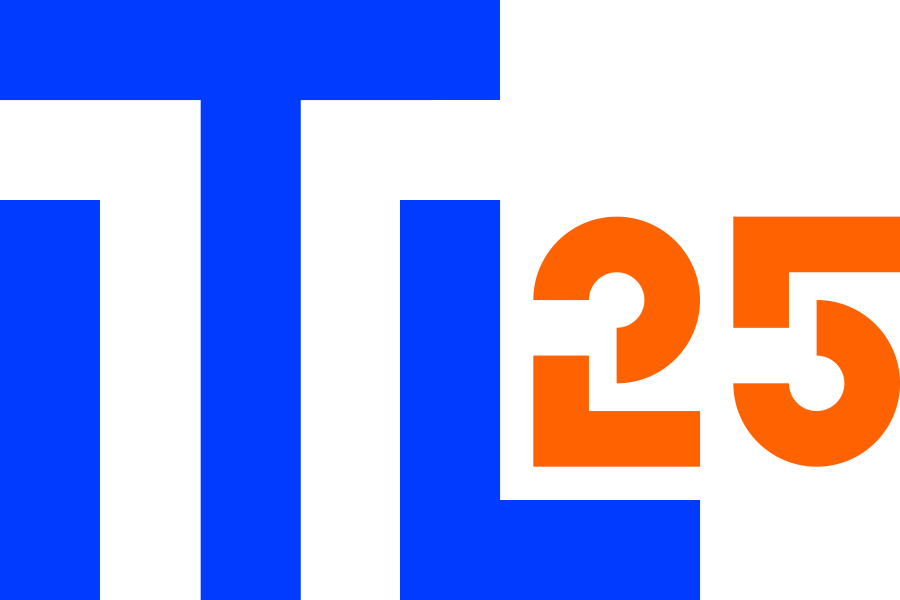Data-driven reporting is the next step in real-time economy sector
April 21, 2021“In order to systematically derive information from data and for the business transactions to actually happen in real time, it is important to transnationally and between institutions to agree upon certain standards for exchanging data. There is great potential to use real-time data in economy, especially to increase the competitiveness
“In order to systematically derive information from data and for the business transactions to actually happen in real time, it is important to transnationally and between institutions to agree upon certain standards for exchanging data. There is great potential to use real-time data in economy, especially to increase the competitiveness of businesses.”
Estonian ICT cluster initiated four years ago real-time economy project Internet of Business (IoB) with a vision to develop a secure and convenient environment for automated real-time business transactions. On the initiative of the Ministry of Economic Affairs and Communications and in collaboration with private and public sector experts in Estonia, the Real-Time Economy Vision and Plan of Action for 2020-2027 time period has also been developed.
Estonian public sector already switched to e-invoicing on July 1st, 2019, private sector service providers have adapted the European e-invoice standard and joined the international data exchange network PEPPOL. Thanks to Estonian e-invoice operators being integrated to the X-Road data exchange layer, the public sector in Estonia is also accessible to Europe.
The next phase of IoB project involves business software and accounting service providers with whom the plan is to move from e-invoicing to the standardization of all business transactions. In order to create necessary preconditions for data-driven reporting with the public sector and enable companies to exchange machine-readable transaction information, the standard XBRL Global Ledger Taxonomy framework has been confirmed. The same standard is implemented also in the Estonian Tax and Customs Board “Aruandlus 3.0” (Reporting 3.0) project. To simplify the standard adaption process, a new MyCompanyData service will also be launched.
„Real-time economy and Internet of Business are not only technology projects, but entirely new public-private sector approaches affecting both, businesses and individuals and improving the functioning of the entrepreneurial environment,” Account Studio development manager Eero Käärik said.
According to Käärik, the automation of business transactions has given entrepreneurs significantly more time to pursue their core business. “With real-time economy solutions such as e-invoice, e-receipt, e-waybill, data-driven reporting etc., it is possible to save up to 14 million working hours a year that is equivalent to full-time jobs of approximately 7000 employees. The valuable time saved up on these activities can be directed to activities that actually earn profit. Business transaction automation makes the economic environment more transparent, predictable and secure resulting in many positive outcomes such as increased added value and credibility among businesses, better quality of services as well as reducing human errors and frauds,” Käärik added.
On September 30th, Internet of Business partners will organize a webinar to further elaborate on the essence of data-driven reporting and its connection to accounting and to talk about the latest public and private sector initiatives on the same topic in Estonia and in the EU. The webinar invites all e-invoice receivers/senders, i.e. real-time economy service users, providers, developers and policy makers to join the discussion.
The webinar is organized by Internet of Business Project partners ITL Digital Lab, Association of Estonian Accountants, Tieto Estonia AS, Fitek AS, Columbus Eesti AS, BCS Itera AS, Account Studio OÜ, SimplBooks OÜ, OÜ Skriining.
